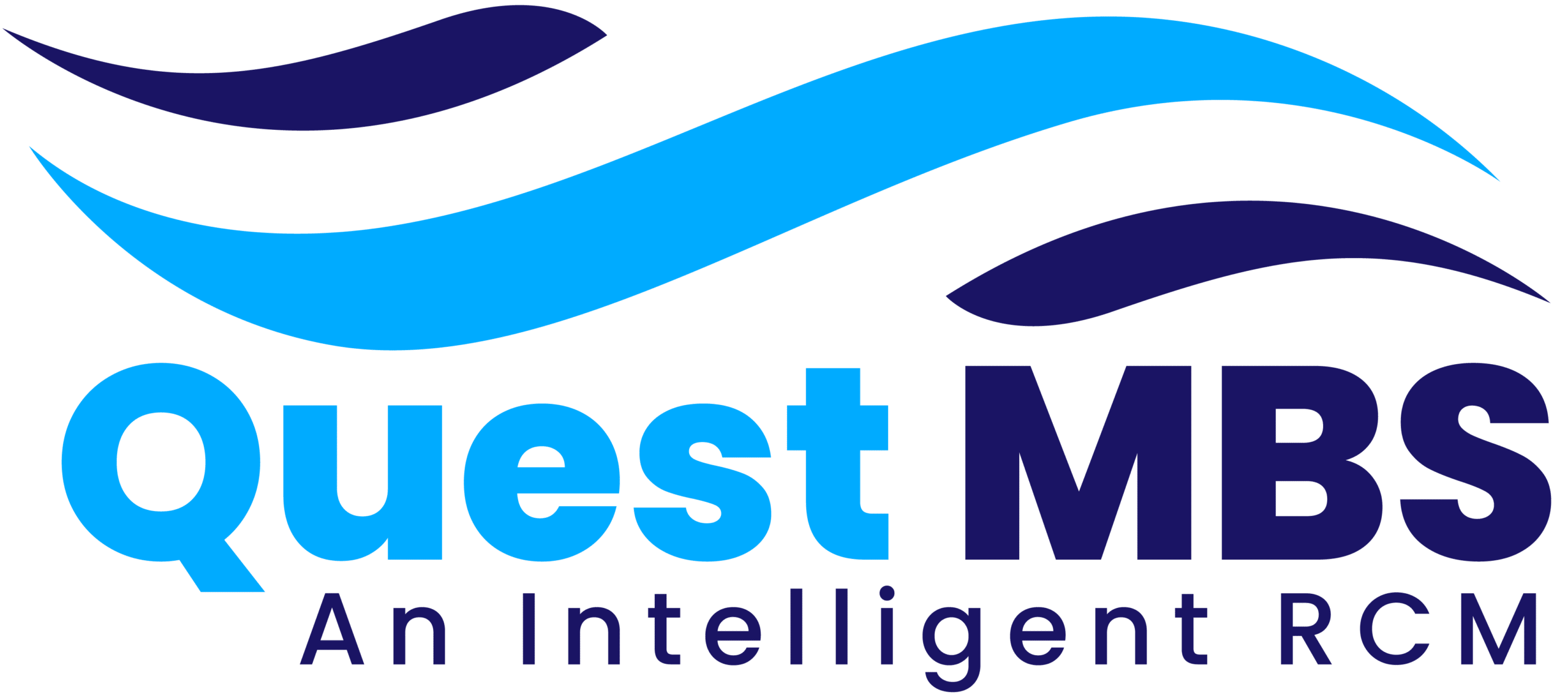Introduction:
Medical billing errors can have severe financial and legal consequences for healthcare providers, insurance companies, and patients. Mistakes in billing, coding, and documentation can lead to claim denials, revenue loss, compliance violations, and even fraud investigations. To minimize these risks, healthcare organizations conduct medical billing audits to ensure accuracy, compliance, and efficiency in their billing processes.
Audits play a crucial role in identifying errors, improving revenue cycle management (RCM), ensuring regulatory compliance, and enhancing overall financial stability. This article explores the importance of medical billing audits, types of audits, common billing errors, and best practices to ensure a smooth and compliant billing process.
Understanding Medical Billing Audits:
A medical billing audit is a systematic review of billing records, patient documentation, and claims to verify accuracy, completeness, and compliance with healthcare regulations.
Key Objectives of a Medical Billing Audit:
- Ensure Accurate Coding and Billing
- Verify that CPT (Current Procedural Terminology), ICD-10 (International Classification of Diseases), and HCPCS (Healthcare Common Procedure Coding System) codes are applied correctly.
- Prevent Revenue Loss
- Identify claim denials, underpayments, and missed revenue opportunities.
- Ensure Compliance with Regulations
- Meet HIPAA (Health Insurance Portability and Accountability Act) and CMS (Centers for Medicare & Medicaid Services) requirements.
- Detect Fraud and Abuse
- Prevent fraudulent billing practices and unintentional coding errors.
- Improve Workflow Efficiency
- Identify bottlenecks and inefficiencies in the revenue cycle.
By conducting regular audits, healthcare providers can reduce billing errors, improve financial performance, and avoid penalties.
Common Medical Billing Errors:
Billing errors can occur due to human mistakes, system failures, or misinterpretation of coding guidelines. The most common errors include:
1. Incorrect Coding:
- Using the wrong CPT, ICD-10, or HCPCS codes can lead to claim denials or incorrect reimbursements.
2. Upcoding and Downcoding:
- Upcoding: Billing for a higher-level service than what was provided.
- Downcoding: Using a lower-cost code than necessary, resulting in revenue loss.
3. Duplicate Billing:
- Submitting the same claim multiple times leads to overbilling and potential fraud investigations.
4. Missing or Incomplete Documentation:
- Claims without sufficient patient records, physician notes, or supporting documents may be rejected.
5. Billing for Uncovered Services:
- Some procedures may not be covered by Medicare, Medicaid, or private insurance.
6. Incorrect Patient Information:
- Misspelled names, wrong insurance details, or incorrect medical history can lead to claim denials.
7. Lack of Prior Authorization:
- Some treatments require pre-approval from insurance providers before billing.
8. Unbundling Services:
- Charging separately for procedures that should be billed together violates insurance policies.
Types of Medical Billing Audits:
Healthcare providers conduct different types of audits to address various billing concerns.
1. Internal Audits:
- Conducted in-house by billing staff, compliance officers, or healthcare administrators.
- Helps identify and correct errors before external audits occur.
- Focuses on coding accuracy, documentation completeness, and claim submissions.
2. External Audits:
- Performed by third-party auditors, insurance companies, or government agencies (e.g., Medicare).
- Ensures compliance with state and federal regulations.
- Detects fraud, waste, and abuse in billing practices.
3. Prospective Audits (Pre-Bill Review):
- Conducted before claims are submitted to insurers.
- Helps identify coding errors and missing documentation in advance.
- Reduces the likelihood of claim denials.
4. Retrospective Audits (Post-Bill Review):
- Performed after claims have been submitted and processed.
- Helps identify patterns of errors and areas for improvement.
- Ensures proper reimbursement and prevents recurring billing mistakes.
5. Compliance Audits:
- Focuses on adherence to HIPAA, Medicare, Medicaid, and insurance policies.
- Prevents legal and financial risks associated with non-compliance.
6. Random and Targeted Audits:
- Random audits assess billing accuracy across all departments.
- Targeted audits focus on specific providers, services, or high-risk areas where errors frequently occur.
Each type of audit helps healthcare organizations maintain accuracy, transparency, and compliance in medical billing.
How Audits Reduce Medical Billing Errors:
Audits are essential in preventing, detecting, and correcting billing errors. Here’s how they contribute to error reduction:
1. Identifying and Correcting Errors:
- Auditors analyze claims, compare documentation, and highlight discrepancies before submission.
- Incorrect codes, missing information, and duplicate charges can be fixed before claim rejection.
2. Enhancing Compliance with Regulations:
- Regular audits ensure that billing practices comply with HIPAA, CMS, and private insurance guidelines.
- Avoids costly penalties, fines, and legal actions.
3. Preventing Fraud and Abuse:
- Audits detect fraudulent billing practices, such as upcoding, unbundling, and duplicate claims.
- Helps healthcare providers maintain ethical billing standards.
4. Reducing Claim Denials and Payment Delays:
- Insurance companies reject claims due to coding errors, missing documentation, or incorrect patient details.
- Audits ensure clean claim submission, leading to faster reimbursements.
5. Improving Staff Training and Awareness:
- Billing audits help identify knowledge gaps in coding and documentation.
- Provides training opportunities to improve accuracy and efficiency.
6. Enhancing Revenue Cycle Management (RCM):
- By reducing billing errors, audits improve cash flow and revenue collection.
- Ensures timely payments from insurance companies and patients.
Best Practices for Conducting Effective Medical Billing Audits:
To maximize the benefits of audits, healthcare providers should follow these best practices:
1. Conduct Regular Audits:
- Perform audits monthly, quarterly, or annually to maintain billing accuracy.
2. Use Automated Audit Tools:
- AI-based billing software can detect coding errors, flag inconsistencies, and generate audit reports.
3. Train Billing and Coding Staff:
- Regular training helps staff stay updated on ICD-10, CPT, and HIPAA regulations.
4. Develop a Standardized Audit Checklist:
- Include key areas like patient details, procedure codes, claim submission processes, and compliance requirements.
5. Address Audit Findings Immediately:
- Take corrective actions based on audit results to prevent future errors.
6. Monitor Trends and Patterns:
- Identify recurring errors and implement system-wide improvements.
7. Collaborate with Compliance Experts:
- Work with healthcare attorneys, insurance representatives, and compliance officers to ensure regulatory adherence.
Conclusion:
Medical billing audits play a critical role in reducing errors, ensuring compliance, and optimizing revenue cycle management. By conducting regular audits, healthcare providers can minimize claim denials, prevent fraud, and improve financial stability.
Implementing best practices, such as automated audit tools, staff training, and standardized processes, enhances accuracy and efficiency in billing operations. As the healthcare industry evolves, audits will remain essential in maintaining transparent, error-free, and compliant billing practices.







